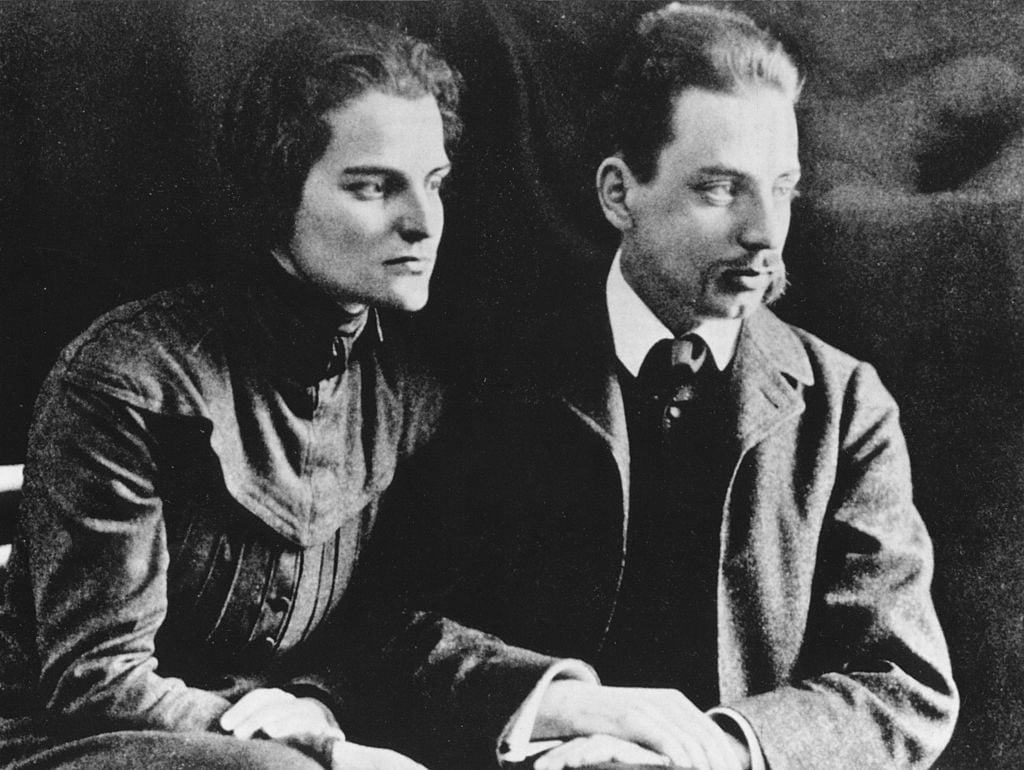

"If I cried out / who would hear me up there / among the angelic orders?" (Young) "WHO, if I cried out, might hear me- / among the ranked Angels?" (Cohn)

"Who of the angelic hosts would hear / me, even if I cried out?" (Boney) "Who, if I cried out, would heed me / amid the host of the Angels?" (Behn) "Who, if I cried out, would hear me among the angelic / hierarchies?" (Ernest) "Who, if I cried, would hear me among the angelic / orders?" ( Leishman/ Spender 197) “If I cried out, who/ in the hierarchies of angels/ would hear me?” (Barrows/Macy 31) “Who, if I cried out, would hear me among the angels’ hierarchies? (Mitchell 331) While most seem to carry the same connotation, the subtle differences among translations prompts debate between Rilke scholars.įor example, the opening lines for the first Elegy are all slightly different from one another: The Duino Elegies have been translated over twenty times into English. He was a guest of Princess Marie von Thurn und Taxis- Hohenlohe (1855-1934), and the Elegies are therefore dedicated to her, in gratitude (Mitchell 549).

The Duino Elegies, written in the winter of 1911-1912 (but not finished until 1922), were composed while Rilke was living at Duino Castle, on the Adriatic Sea. From October 1905 - May 1906, Rilke acted as secretary for the artist Auguste Rodin, and then spent the majority of the rest of his very short life traveling and writing (Bauer ix).

He published his fist work, Life and Songs: Pictures and Notes from a Diary, in 1894, at only nineteen years of age. Born Rene Maria Rilke, in Prague in 1875, Rilke was treated by his mother as if he were a girl until he was nearly five years old, after which he attended Military Primary School from 1886-1890, which is potentially why the ideas of gender and identity are major themes throughout his work. He wrote extensively about human nature and the individual's place in the world, the dichotomy of being present in modern society while maintaining oneness and a self-imposed identity. Known as one of the greatest German-language poets, Rainer Maria Rilke is most renown for his Duineser Elegien (Duino Elegies) and Die Sonette an Orpheus (The Sonnets to Orpheus), and is recognized for lyrical and poetic syntax and diction, much of which is affected by which translation of his work one reads.


 0 kommentar(er)
0 kommentar(er)
